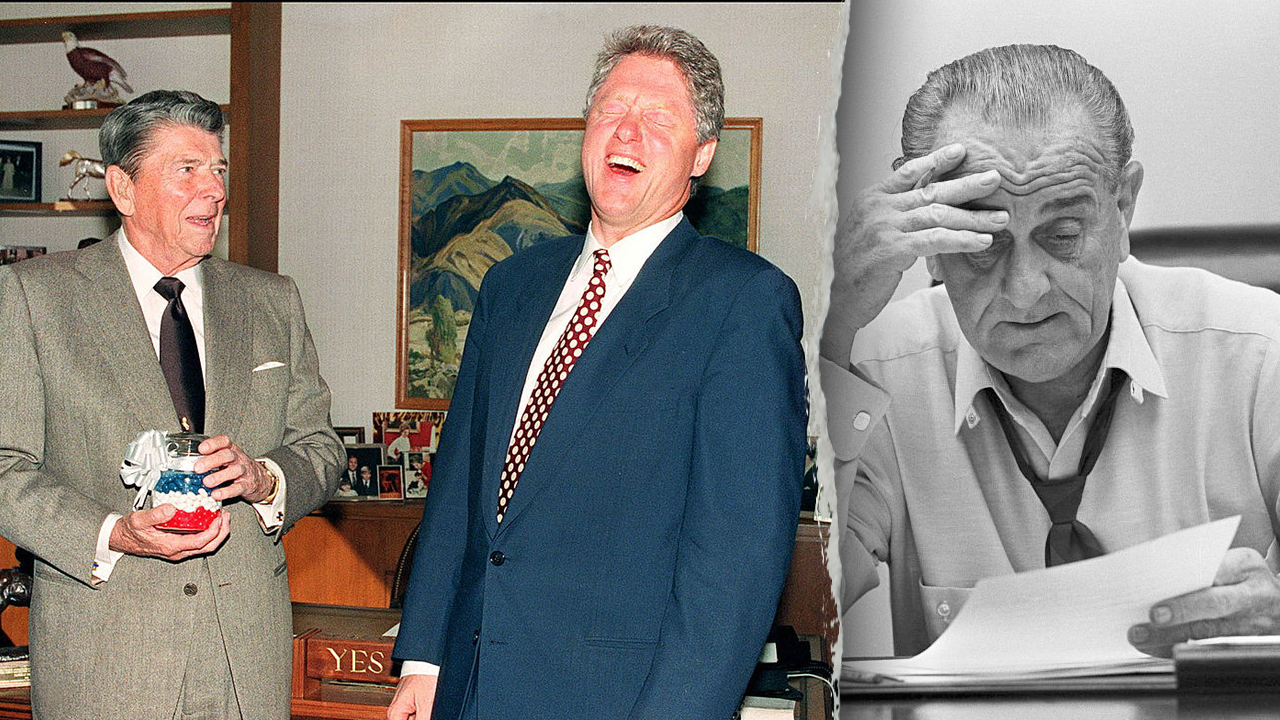WASHINGTON — Iran is still producing nearly weapons-grade uranium amid talks with the US to wind down its nuclear program, a UN watchdog revealed Saturday, while Israel’s prime minister demanded their global allies “stop” Tehran.
The International Atomic Energy Agency found Iran has upped its 60%-enriched uranium stockpile from 274.8 kilograms to 408.6 kilograms — a roughly 50% jump since February, according to a confidential report.
“The significantly increased production and accumulation of highly enriched uranium by Iran, the only non-nuclear-weapon State to produce such nuclear material, is of serious concern,” IAEA Director General Rafael Grossi wrote in the report, which was reviewed by The Wall Street Journal and Reuters.
That’s around one nuke’s worth of uranium enrichment per month over that time period — giving Tehran enough material to produce a total of 10.
In two weeks’ time, Iran could convert the stockpile to reach the 90% threshold needed for a single weapon, US officials have warned.
The UN agency shared the findings Saturday with at least 35 countries comprising its Board of Governors, alarming member states in Europe who expressed skepticism that Iran was abiding by a non-proliferation treaty.
“The international community must act now to stop Iran,” Israeli PM Benjamin Netanyahu’s office declared in a statement Saturday, charging such uranium enrichment levels exist “only in countries actively pursuing nuclear weapons.”
The UN report comes as Iran and the US are approaching another round of talks about a framework to halt Tehran’s nuclear program.
President Trump said Wednesday he’d warned Netanyahu last week not to bomb Iran’s nuclear facilities since the US was “having very good discussions with” Tehran.
“I said, ‘I don’t think it’s appropriate right now… if we can settle it with a very strong document,’” Trump told reporters. “I told [Netanyahu] this would be inappropriate to do right now because we’re very close to a solution.
“Now, that could change at any moment. It could change with a phone call, but right now, I think they want to make a deal, and if we can make a deal, it could save a lot of lives.”
Trump in his first term had applied tougher economic sanctions on Iran after withdrawing from a 2015 nuclear deal limiting its uranium enrichment.
That occurred in 2018, but the IAEA’s report also found that Iran wasn’t cooperating with UN investigators about features of its nuclear program as soon as the following year.
The report also stated that Tehran had an “undeclared structured nuclear program” before 2000.”
The findings could prompt snapback sanctions from European nations that had been lifted under the 2015 Joint Comprehensive Plan of Action.
Member states of the UN watchdog could also vote on a resolution during a June 9 meeting affirming Iran’s failure to comply with a prior nuclear proliferation agreement.
Tehran has disputed the IAEA’s report and said it would “take proportionate measures” — including possibly withdrawing from the non-proliferation treaty — if rebuked at the meeting or slapped with sanctions.














